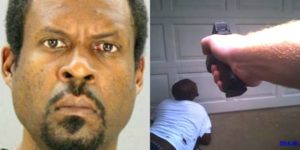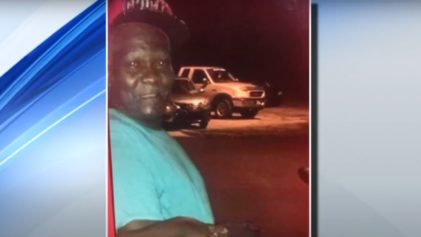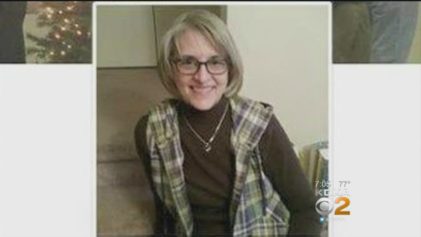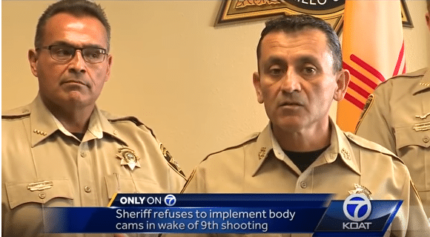
This time, a Dallas County grand jury did not see enough in a video that showed a mentally ill man, Jason Harrison, standing in the doorway of his home with a screwdriver gunned down by two police officers in front of his horrified mother. They claimed Harrison, 38, lunged at him, but from the footage from the body camera one of the officers wore, Harrison simply did not obey their commands to drop the household tool.
“The family is obviously severely disappointed,” said attorney Geoff Henley, who is representing Harrison’s family, which filed a federal civil-rights lawsuit in October. “You never can anticipate what a grand jury will do. I always go with the evidence. Our view of the evidence is the film didn’t show any lunging, didn’t show any jabbing, didn’t show any thrusting. The crucial question for me is: Is there any evidence of serious bodily injury or death to the officers? And that will have to be decided by the civil jury in the case we filed.”
In fact, says Henley, the officers involved—John Rogers and Andrew Hutchins—are scheduled to be deposed today. Both are on active duty and were awaiting the grand jury’s decision concerning the fatal shooting.
The shooting initially drew concern among local protest groups, but the national reaction was outrage once the video was seen around the country. Within seconds of arriving at the house on a call from Harrison’s mother, guns were drawn and a man was dead. And no one is held responsible, just as in the Michael Brown killing by a police officer in Ferguson, Mo. and Eric Garner police choke-hold killing in New York—instances that have sparked protests and calls for justices.
It’s particularly disturbing, like in the Garner case, because there was video evidence of the killings. The officers shot Harrison on June 14. Harrison’s mother told them he was making “violent threats.” But there were no threats seen by Harrison before officers gunned him down.
The lack of an indictment also supports those who insist police body cameras are not the answer to reducing the number of police shootings of Black people. The grand jury was privy to the video and still did not think there was enough in the footage to at least have them tried in court.
Police commanders said the incident happened quickly and that the officers’ statements were backed by the video. Chris Livingston, an attorney for the officers, said the video, when slowed down, shows Harrison raising his arm in a stabbing motion just before both officers open fire. There is nothing that speaks to why two officers could not subdue one man who had a household tool, and instead used deadly force.
“We appreciate the grand jury considering all the evidence in this matter,” Livingston said. “Our thoughts and prayers are with all of those dealing with mental illness.”


